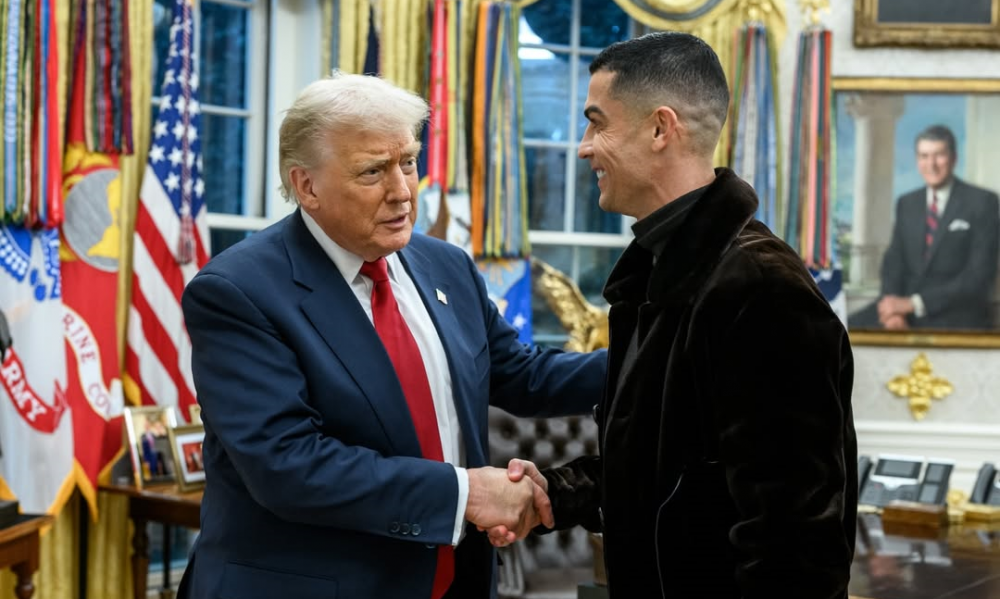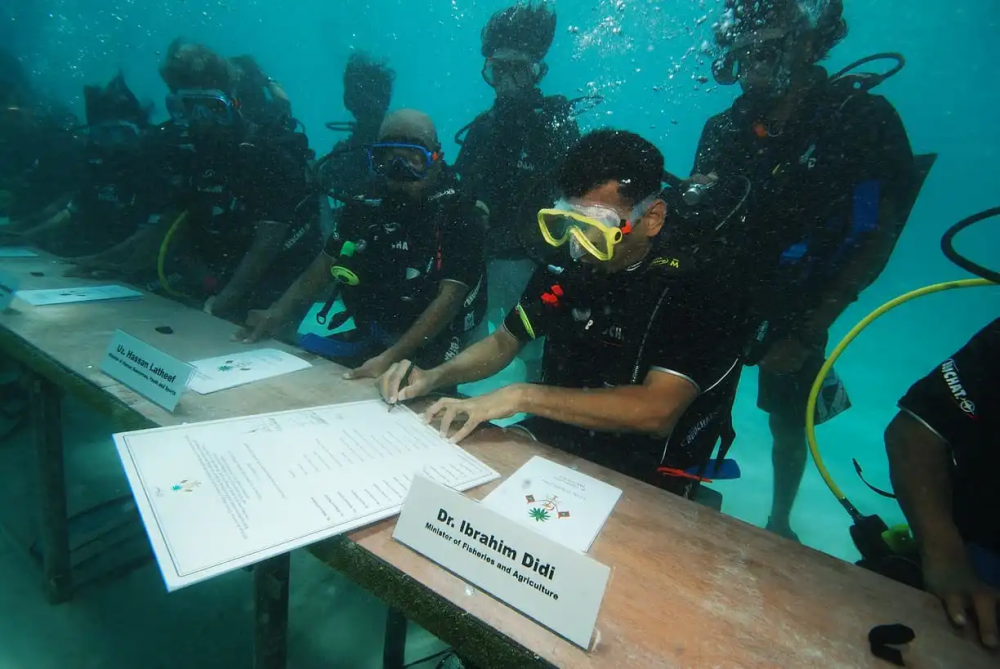Pope Francis's recent remarks on the Russia-Ukraine war have stirred a blend of controversy, hope, and critical analysis across the international stage. During an enlightening interview with Swiss broadcaster RSI, the Pontiff articulated a perspective that, at first glance, seemed to lean towards urging Ukraine towards negotiation with Russia amidst the ongoing war.
At the heart of Pope Francis's message was the concept of "the courage of the white flag." Not a symbol of surrender but rather an emblem of bravery in the pursuit of peace.
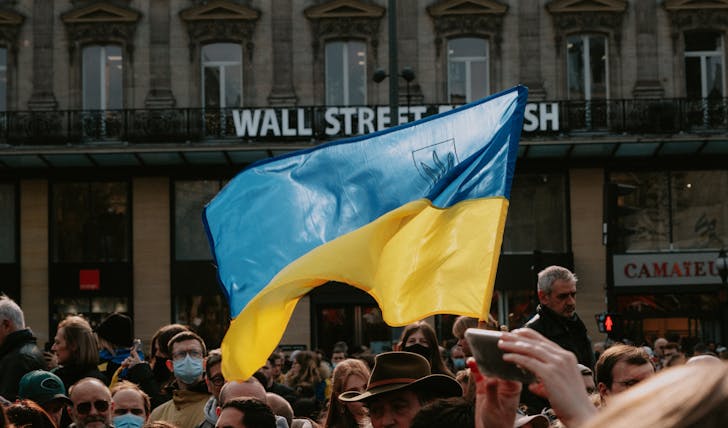
Matt / Pexels / Hinting at Ukraine, the Pope said the strongest is the one “who understands the situation” and “has the courage of the white flag.”
The Pope's commentary comes at a critical juncture in the Ukraine-Russia conflict, now trudging through its third year with no end in sight. As Ukraine faces the brunt of warfare, with ammunition dwindling and the specter of defeat looming, Francis posits negotiation as not just a choice but a necessity.
The Pope’s Remarks Stirred Controversy
However, the pope’s use of the term "white flag" quickly ignited a firestorm of criticism, with many interpreting it as a veiled endorsement of Russia's aggressive posturing. The Vatican, sensing the potential misinterpretation, swiftly issued a clarification.
Vatican spokesman Matteo Bruni highlighted that Pope Francis's words were in response to the interviewer's language, emphasizing that negotiation, in the Pope's view, is not equivalent to capitulation.
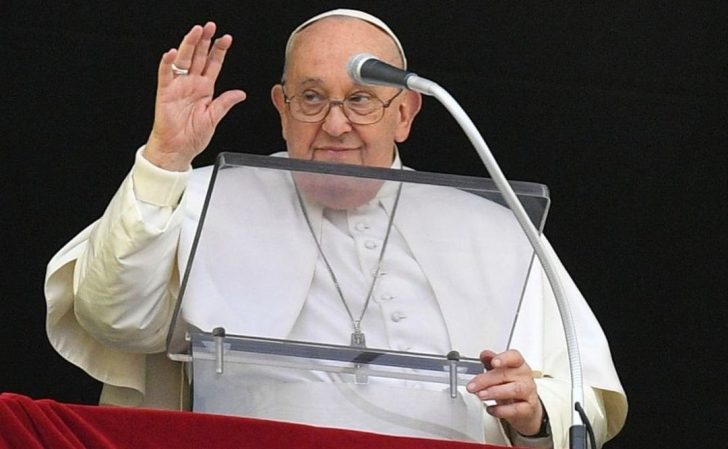
Francis / IG / Some interpreted Pope Francis's remarks as “realistic” and true to the situation, while others raised eyebrows saying the Pope sidelines with Russia.
Pope Francis's stance throughout the conflict has been one of delicate balance, striving to maintain the Vatican's long-standing diplomatic neutrality. Yet, this neutrality has not been without its contentious moments.
Previous statements from the Pope have hinted at an understanding, if not outright sympathy, for Russia's grievances regarding NATO's expansion. This nuanced position has sparked debate over the Vatican's role and influence in potentially shaping the conflict's trajectory.
Ukraine Rejects Negotiations With Russia!
In advocating for negotiations, Pope Francis underscored the valor inherent in choosing dialogue over further escalation. He pointed out that multiple nations, including Turkey, have stepped forward, offering to mediate the conflict. In the interview, the pope hints that world leaders are ready to make the peace deal between Russia and Ukraine possible.
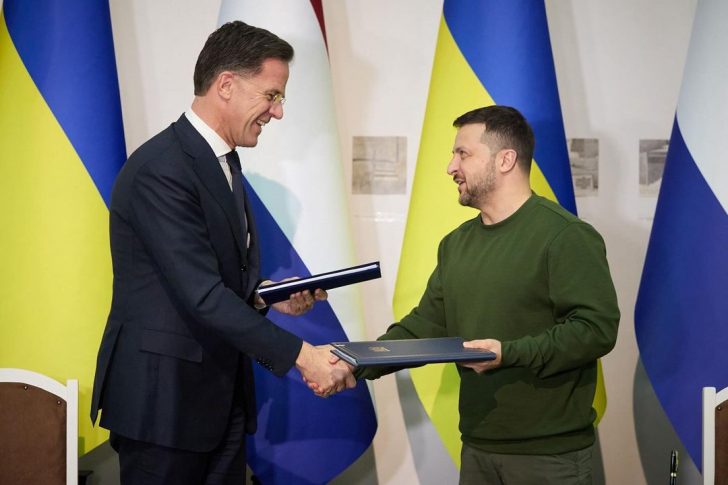
Zelenskyy / IG / Turkish President Recep Tayyip Erdogan has positioned Turkey as a potential peacemaker, even proposing to host a peace summit between Ukraine and Russia.
On the flip side, Ukraine, under President Volodymyr Zelenskyy's leadership, remains steadfast in its position: Any negotiation must acknowledge the sovereignty and territorial integrity of Ukraine, with the clear understanding that it is Ukraine that has borne the brunt of an unprovoked invasion. Zelenskyy's administration insists that the prerogative for peace talks should rest with the invaded, not the invader.
As the war drags on, the international community finds itself at a crossroads. Some of Ukraine's Western allies tentatively moot the possibility of deploying troops, a move fraught with the risk of further escalation. The Pope's call for negotiation, therefore, emerges as a poignant reminder of the high stakes involved, advocating for a path that might prevent further loss and suffering.
So, Pope Francis's appeal for negotiation is a clarion call in a world weary of war. It challenges us to reconsider the true meaning of courage — not as the will to continue fighting until the bitter end, but as the strength to pursue peace, even in the face of potential defeat. As the conflict in Ukraine continues to unfold, the international community must grapple with the complexities of diplomacy, sovereignty, and the unwavering quest for a peaceful resolution.

